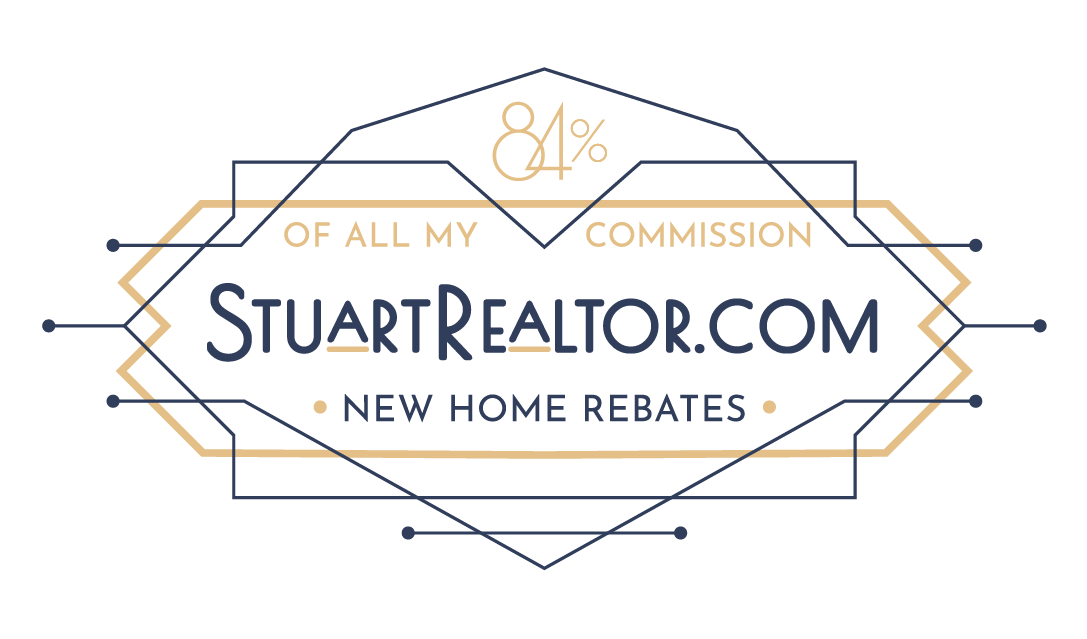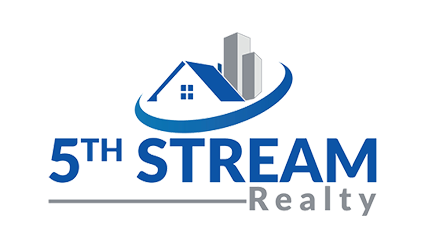Buying a New Home?
Don’t make move until you read these tips! The following are a collection of Stuart’s expert tips for buying a new home from a Builder in Texas and getting a cash rebate – 84% of all of Stuart’s Commission
Inventory vs Spec Home
A house already under construction is an “Inventory Home” or a “Spec Home”. A house to be built from the ground up is a “Dirt Sale”.
Buyer Incentives
When buying a new home in Texas, ask about the Buyer incentives. The incentives for a Dirt Sale will be much more substantial than an Inventory Home. Also… for all Builders; ask for a “list of standard features”. Each one is different. Sometimes one Builder’s list of standard features will change from section to section within a community or from community to community. Also ask about the separate incentives for using the Builder’s Lender and for using the Builder’s Title Company. Make notes because you will not be able to remember, especially if you are visiting multiple Builders.
Lot Premiums
Ask about Lot Premiums. This is a charge apart from the price of the house. Lot Premiums will vary according to desirability and location of the lot. Sometimes these premiums are negotiable in slower moving communities.
Builder’s Warranty
Ask about the Builder’s Warranty when buying a new home. Ask for it in writing. Find out if the Builder is doing their warranty “in house” or if they will hand it over to a third party after closing. Ask about the implications of their warranty (how it works). There are large differences in how the Builders handle the warranty issues. Once you actually decide on a particular Builder then you can do more research in this department.
All of the Builders will have their websites which will feature the different communities. You might want to inquire as to who the Developer is and what is included in the community ( commercial properties, multifamily properties, ammenities, greenspace, landscaping etc.) and how much will be the annual HOA fee and if there are any other fees imposed by the HOA, Developer or Management Company. ALL these items should be in writing somewhere. The Builder may not have it all but the Developer should.
You may also want to check to see what entity(ies) has jurisdiction in the locale of the community and what involvement, if any, that jurisdiction has. You will also want to know if any government entity is inspecting the individual construction of houses. In many areas around Houston there is no governmental oversite over new home construction.
Contracts
Remember… in Texas… when it comes to Real Estate… “if it ain’t written then you ain’t got nothin’”. So if something is promised about your deal, then it needs to be in writing. You can ask the Buider salesperson to send you a copy their sample contract if you want to look it over.
There are two things that I especially try to make Buyers aware of when buying a new home; In Texas, most larger Builders have the “Arbitration Clause” in their contract. You, the Buyer, essentially sign away your right to sue the Builder in a court of law with a jury. You will have conceded to submit to Binding Arbitration along with the Builder. If you do not agree with this provision then most likely the Builder will not sell you the new home. Unfortunately the Texas Legislature has not seen fit to extend a protection to consumers against this practice.
One way you can mitigate some of the risks by performing your own inspections of the house as you build it or at least a “final inspection” if the house is almost or already finished.
The other contract issue I highlight is that if there is not a closing date on the contract then you will close at the time the Builder deems the house finished. The contract will most likely give the Buyer a 7 to 14 day notice to close once notice is given. At this point the Builder will be limited in their flexibility. They may even impose a “fine” for everyday that the Buyer delays a closing.
Energy Efficiency Standards
BUILDING CODES IN TEXAS are all based on the International Residential Building Code (IRC) which sets minimum energy efficiency standards. Each Builder adopts or sets their own level of efficiency beyond those IRC standards (ie: Environments For Living, Energy Star, etc). You should get this information in writing from the Builder. It is worth comparing. Some Builders and /or programs have 3rd party inspections and testing to make sure that those systems are properly installed and functioning. All of the best features and systems could be in place but if there is improper installation you could easily lose a few percent of the efficiency that you should be gaining. Over the years that will cost money and comfort.
Free Services
BE CAREFUL of free services (telephone, internet, alarm monitoring, water filters etc.) or really cheap service contracts that are being offered by providers in certain communities. If you do enter into an arrangement or a community Developer is obligating you, the Buyer, to use these providers, then be sure that there is an OPT OUT provision on these contracts and/or understand the implications and costs of these contracts. I have seen Buyer’s in whole communities lassoed into long 5 year contracts with large buy out provisions and lousy service. A real Mafia type arrangement, but legal.
This List of Tips is a Work in Progress by:
Stuart B. Scholer, Realtor




